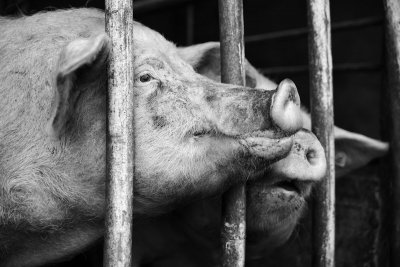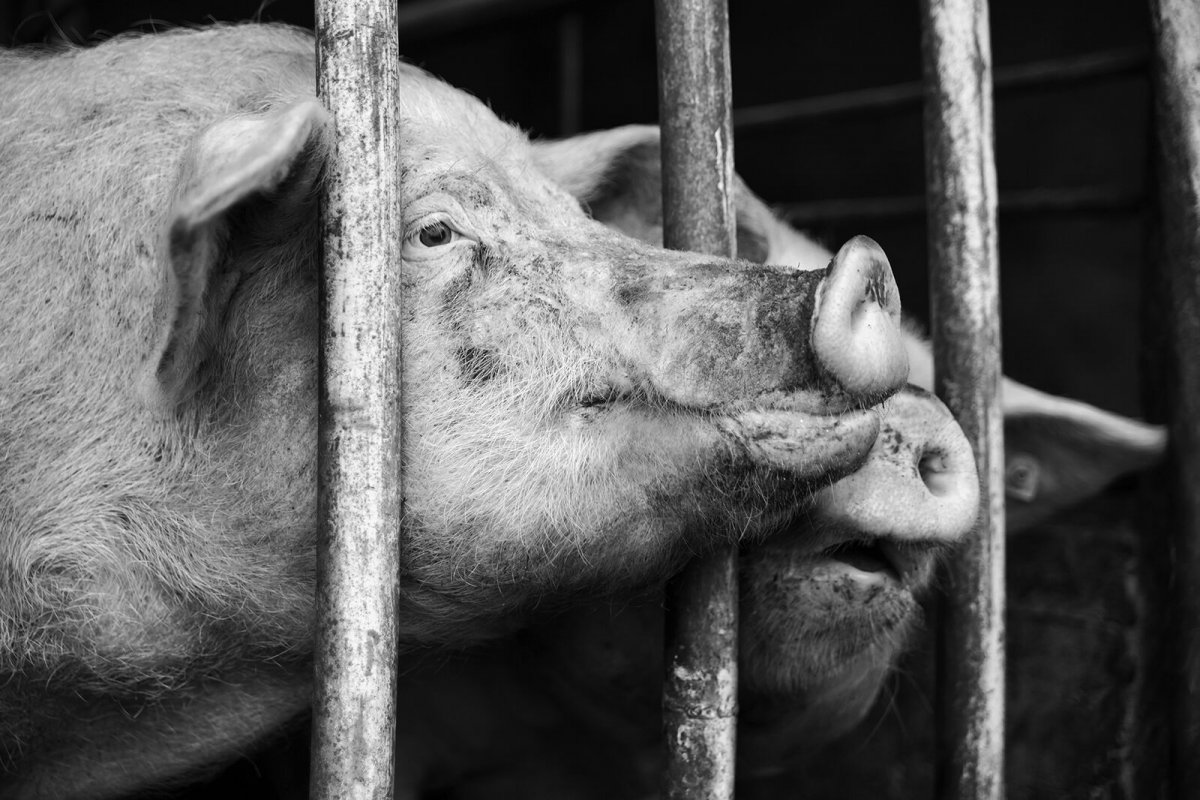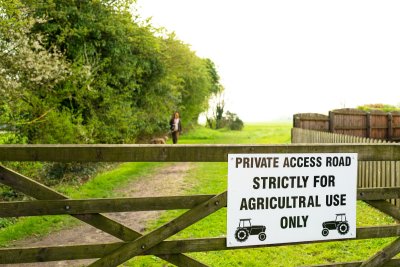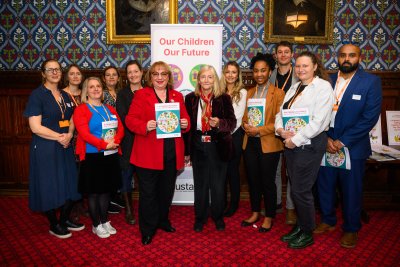 Indoor Pigs. Credit: Alliance to Save our Antibiotics
Indoor Pigs. Credit: Alliance to Save our Antibiotics
The UK may soon (at last!) ban routine farm antibiotic use
If adopted, proposed new UK rules will be a major step forward towards more responsible farm antibiotic use and a significant achievement for our longstanding campaign, writes Cóilín Nunan, Scientific Advisor for the Alliance to Save Our Antibiotics.
New government proposals are being put forward for ending routine preventative antibiotic use in farming. If these make it through the legislative process, it will be a significant achievement for a longstanding campaign by the Alliance to Save Our Antibiotics, the organisation co-founded and run by Sustain, Compassion in World Farming and the Soil Association.
Crucially, the new rules are also expected to ban using antibiotics “to compensate for poor hygiene, inadequate animal husbandry, or poor farm management practices”. If implemented properly, this restriction should lead to significant change in husbandry methods, since some current practices of intensive farming result in poor hygiene, higher levels of stress and disease and reliance on excessive antibiotic use. It’s imperative therefore that this restriction is complied with in practice, as well as included in legislation.
Progress is occurring but much more is needed
It is now over 40 years since any new antibiotics have been discovered for many infections like E.coli or Salmonella.
Scientists estimate that in 2019 nearly 5 million deaths a year worldwide were linked with antibiotic resistance, with 1.27 million being directly as a result of it. It is projected that, if we continue with business as usual, by 2050, 10 million people a year will die from antibiotic resistance.
EU takes action on routine preventative use and preventative group treatments
In 2014, the European Commission put forward new proposals to restrict farm antibiotic use as, by then, data showed that their earlier ban on using antibiotics for growth promotion had not significantly reduced antibiotic use in many Member States, and antibiotic resistance was becoming an ever-greater problem.
Unfortunately, the Commission’s proposals contained loopholes, which would have allowed routine use to continue, so the European Parliament decided to strengthen the legislation. Remarkably, the Parliament even adopted a proposal the Alliance had put forward to ban all preventative group treatments.
On 28 January 2022, the new EU rules came into force. On paper, the restrictions are strong: all routine use is banned, preventative use can only occur in individual animals in exceptional cases where risks are high (e.g. when an animal undergoes surgery), and metaphylactic use, a type of group treatment where some of the animals have been diagnosed with illness and all of the animals are treated, is restricted to cases where the risk of disease spread is high and no alternative treatments are available.
Furthermore, the legislation prohibits using antibiotics to compensate for poor hygiene, inadequate animal husbandry or lack of care, or for poor farm management. However, despite the legislation having been agreed in late 2018, there is very little evidence of husbandry changes having been made in the lead up to the rules coming into force last year, and so sadly, there is good reason to think that full compliance will not be achieved in many countries.
UK proposes new laws after much delay
When negotiations on the new EU rules on farm antibiotic use were occurring, between about 2014 and 2018, the UK was still a Member State and played an active role in developing the new legislation. Even after Brexit, the government said in Parliament and in its National Action Plan on Antimicrobial Resistance that it intended to implement the provisions of the legislation, including those on preventative use, in the UK.
Unfortunately, government action was repeatedly delayed, and no new UK rules came into force last year. However, the government has finally announced its proposed new legislation and put it out to consultation. The government wants to adopt many of the new EU rules, but unfortunately not several key aspects.
While preventative use is to be restricted to exceptional cases where there is a high risk of infection, there is to be no outright ban on preventative group treatments. Instead the rules would state that preventative group treatments cannot be “routine or predictable” and a management review whenever they occur. It is unclear who would carry out such a review, how it would be assessed and how it could ensure that preventative group treatment is subsequently avoided.
There are also no specific restrictions on metaphylaxis in the proposed legislation, although the general principle that farm antibiotic use cannot be routine would apply. This does raise concerns that reductions in preventative treatment could be compensated by increased metaphylaxis.
Very disappointingly, the government currently proposes no statutory antibiotic-usage data collection by animal species, preferring instead to rely on voluntary data collection by industry bodies.
The lack of statutory antibiotic-usage data collection in the UK makes it much more difficult for sectors such as the organic, free-range or pasture-based sectors to collect their own data. One-off data collection projects show that organic farmers are usually very low users of antibiotics, but annual farm-level antibiotic-usage data would help identify husbandry factors which are associated with high or with low antibiotic usage. Organic and non-organic farmers alike could benefit from this kind of information being made publicly available.
Fortunately, we are seeing signs of real progress. British farm antibiotic use has fallen by about 55% since 2014, and if the new rules on antibiotic usage are adopted and implemented, further reductions should follow.
But much remains to be done. We have still not seen any major improvements to animal husbandry, nor any significant moves away from the kind of intensive-farming practices that are linked with disease and antibiotic use. So it will be important to ensure that if routine farm antibiotic use and using antibiotics to compensate for inadequate husbandry are to be banned, that these rules are actually applied in practice. Doing so will require a shift towards more extensive systems, which are the healthiest and least stressful way of farming animals.
Read the response from the Alliance to Save Our Antibiotics to a Veterinary Medicines Directorate (VMD) government consultation on the proposed changes to antibiotics regulation
Sustainable Farming Campaign: Sustain encourages integration of sustainable food and farming into local, regional and national government policies.
Sustain
The Green House
244-254 Cambridge Heath Road
London E2 9DA
020 3559 6777
sustain@sustainweb.org
Sustain advocates food and agriculture policies and practices that enhance the health and welfare of people and animals, improve the working and living environment, promote equity and enrich society and culture.
© Sustain 2024
Registered charity (no. 1018643)
Data privacy & cookies
Icons by Icons8








